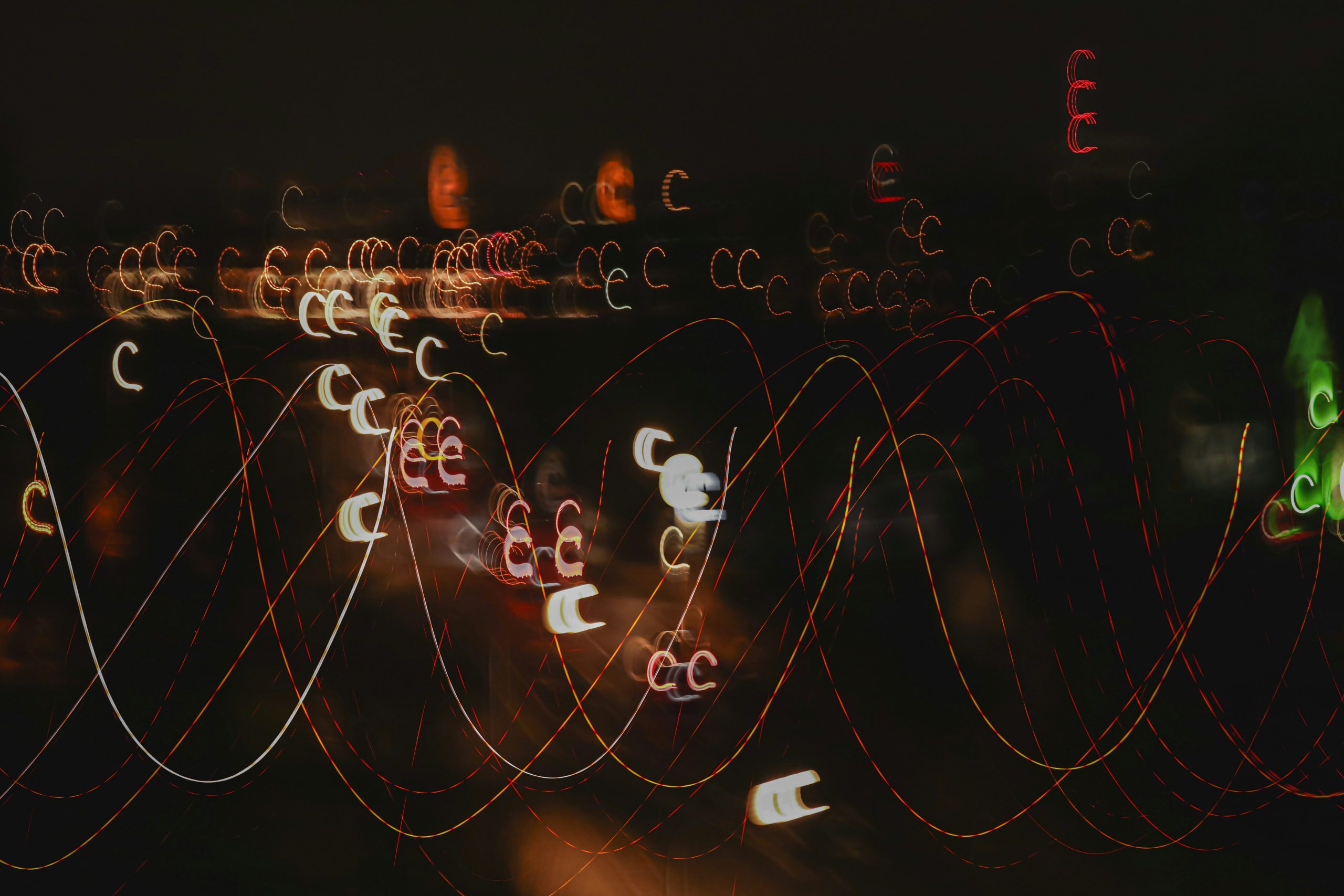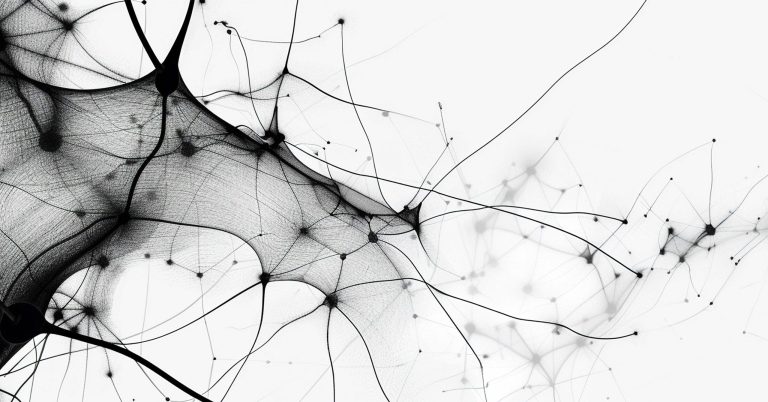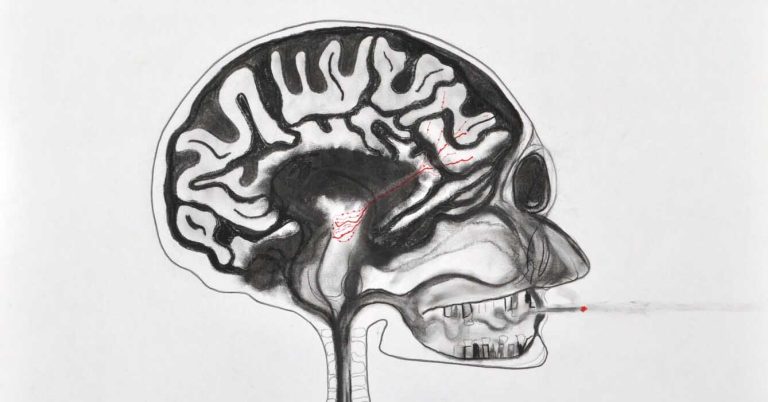
2025 marks the centenary of the birth of Gilles Deleuze. Throughout the year, we’ll be taking the opportunity to explore the impact of this towering figure in twentieth-century philosophy.
As part of this celebration, we’re publishing a series of blogs from leading Deleuze scholars. Read on to discover how, having been dragged to him ‘kicking and screaming’, Claire Colebrook came to appreciate Deleuze’s encouragement to embrace opposition.
Find out more about our centenary celebrations.
By Claire Colebrook
I was dragged into Deleuze kicking and screaming. I’d been a good Derridean up to that point, committed to a rigorous suspension of any position outside the text. I’d also paid my Lacanian dues — accepting that the Real resists symbolization absolutely. I was not alone. Deleuze and Guattari were fairly fringe in the literary studies world of the 1990s. Around 1994 Ian Buchanan eventually persuaded me to start reading Deleuze, and it gradually dawned on me that the dismissals of Deleuze as an uncritical literalist were as misguided and uninformed as they were symptomatic.
The standard line in the 90s across a series of fields and theoretical orientations – including postcolonialism and gender studies — was that what lay outside signification could only be known after the event of signification. Rather than meta-narratives (Marxism, Darwinism, Feminism), all we could work with were multiple and incommensurable stories; rather than ‘humanity’ there could only be conflicting histories. Jacques Derrida’s ‘there is no outside-text’ did not mean that there was no truth or reality – quite the contrary! – but it did amount to suspending or bracketing reality in order to deconstruct the distinction between the supposed real prior to signification and signifying systems. Whatever is given as real is always already caught up in systems that have been composed after the event. In gender studies this meant that any talk of ‘the body’ would need to recognize the body ‘itself’ as part of signifying systems, something given through relations and performance and not that which precedes and governs relations. The key hinge text here was Judith Butler’s Bodies That Matter, where Butler insisted that matter is not some ground – not a simply given biological sex – but a mattering of relations and forces.
An overcorrection towards Deleuze
It was in this post-1990s context that reading Deleuze and Guattari was remarkably transformative (despite being contemporaneous with the other French philosophers who had been taken up in a supposed general textualism, anti-realism or anti-essentialism). Things perhaps started with a little too much of a market correction, as if Derrida had said everything was text, Foucault had said everything was discourse, and the feminists had erased the body. Reading Deleuze and Guattari as if they provided the cure for linguistic idealism or textualism not only fails to recognize the ways in which they were part of a milieu attempting to think forms of difference beyond signifying systems, but also misses the subtle but revolutionary practice of philosophical intuition: we may always be asking questions from a distinct political formation, but those formations invite the creative and speculative endeavor of exploring their actual conditions of genesis. How has the ‘we’ of the present come into being? We cannot know the origin, but we can think, write and act as if what exists now might have been otherwise because there are traces of genesis in the present. If their work leads the way to something like a new materialism, it’s not just because it licenses a way to talk about difference beyond systems of signification, but more importantly because the matter that generates signifying systems and other relations of productive force and differentiation is more complex than anything like the body, being, nature, life, time, history, consciousness, reason or the world.
Instead of opposing Deleuze and Guattari’s criticism of the ‘despotism of the signifier’ to Derrida’s ‘there is no outside-text’, it is better to see them as creating a different type of problem: rather than an epistemology of asking about and then suspending, or seeing as mediated what exists beyond the bounds of sense, Deleuze and Guattari ask how this subject of knowledge was composed. They see this problem – the transcendental philosophical problem of grounds and the ethics of what we know – as better formulated as a political problem of how ‘we’ are composed. We are the questions and problems that make up a world. The questions of psychoanalysis, to take just one example, take place within the familial frame rather than asking about the genesis of the family form. The questions of materialism – what is the ground of history and knowledge? – take matter as a metaphysical ground rather than asking how materiality came to be an underlying foundation or stability rather than a creative force. And in these two instances alone Deleuze and Guattari provide forms of diagnosis or ‘schizoanalysis’ that examine the compositions of problems, the differences they occlude, and the forms of bodies and existence they generate. The problem of Oedipus, for example, isn’t that it’s incorrect – there are subjects whose sense of the world is marked by loss, alienation and a sense of prohibited plenitude – but those subjects are created through practices of psychoanalysis and the broader capitalist milieu that is no longer a top-down despotism of power but a passional regime that unfolds from the isolated individual. Psychoanalysis needs to be countered with schizoanalysis, just as humanism needs to be situated as a fragment within a cosmos of the inhuman, and just as ‘the subject’ needs to be read as a historical and geopolitical formation produced by a far more complex and intense influx of forces, which it is the task of art, philosophy and science to think.
Inclusive disjunctions in Deleuze and Guattari
What I learned from reading Deleuze and Guattari, and what remains difficult and disruptive still about their work, is the power of inclusive disjunctions. Rather than think of them as against anything – humanism, psychoanalysis, philosophy, the subject – they affirm the necessity of these terms in ongoing opposition and perhaps on their way to dissolution or higher deterritorialization. It’s true that the world is known and perceived through systems of difference – regimes of signs – and it’s also true that signs do not exhaust all that can be thought, known or perceived; it’s true that there is more to life than the thinking subject and it’s also true that it’s the task of philosophy to think beyond the lived; it’s true that time is far more complex than the linear narratives of history but also true that confronting the present requires reading the narratives of capitalist and state histories; it’s true that sexual difference is far more complex than the oedipal triangle, but also true that the history of the genesis of Oedipus is crucial to the understanding and undoing of capitalism; it’s true that identities and subjectification are captures of desire, but no less true that without the production of bodies, selves, personae, voice, gesture and mask there would only be the bland and empty ‘we’ of bourgeois man.
And then there’s stupidity, not as an accident that might have been avoided, and not as the series of mistakes or errors that might be corrected or cleaned up if philosophy sorts out its archive and its own practices, but the wondrous stupidity that testifies to thinking’s misalignment, its capacity to get bogged down in either/or questions, only to wallow in inertia and misery until some event shocks us into thought.
About the author
Claire Colebrook is the Cecile Parrish Chair of English Literature at Monash University. She has written books and articles on contemporary European philosophy, literary history, gender studies, queer theory, visual culture and feminist philosophy. Her most recent book is Who Would You Kill to Save the World? (2023).
Find out more about our Deleuze centenary celebrations






